
While Time Warner may expect educators to follow its "thought leadership," in fact industry programs give us the opportunity to develop our own informed critiques of media industry strategies.
Read more »

While Time Warner may expect educators to follow its "thought leadership," in fact industry programs give us the opportunity to develop our own informed critiques of media industry strategies.
Read more »

While productions like Sport in America champion sport's cultural import, they tend to obscure the conditions that facilitate and restrict sport's apparent capacity to define us.
Read more »
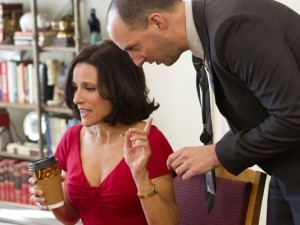
HBO's Veep may have a veneer of frivolity, but it's part of HBO's larger move towards politically relevant material in 2012.
Read more »
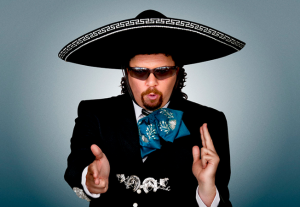
Eastbound and Down’s primary character Kenny Powers is the ultimate in camp masculinity. Kenny’s character reeks of white masculine power, and as cultural critics, we need to ask how this type of supremacist rhetoric functions in America’s “postracial” political climate.
Read more »

After two episodes of trying to decide how I feel about the show, I started to wonder: Who does HBO hope will watch Girls? Girls’ small initial audience suggests that its audience “isn’t easily defined.”
Read more »
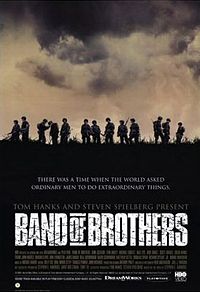
We resurrect our Late to the Party column with some reflections on HBO's 'Band of Brothers'.
Read more »

The licensing process for the HBO series highlights the challenge of balancing a level of control over the quality of products related to the series with efforts to both monetize and expand its audience.
Read more »
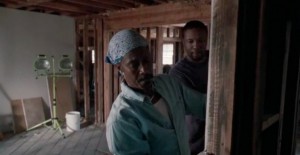
Treme’s focus on how its culture and cultural economies are created and presented through music and cuisine has meant a majority of its almost 22 narrative hours watching musicians struggle with bar owners, the recording business, the law and each other.
Read more »
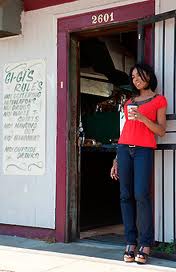
"That's What Lovers Do" finds Treme meditating on what New Orleans means not only locally, but also for those who find themselves elsewhere.
Read more »
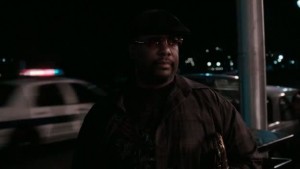
For many in New Orleans there comes a point when we have to answer a difficult question: is living here worth your life or that of your family? Where do you draw the line? What are you willing to risk, to possibly sacrifice, in order to live in such a magical place?
Read more »
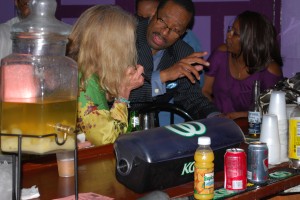
That night Donald told me that music was a character on Treme. That made some sense to me, having argued in the past that product plugging turned commodities into characters on sitcoms. But that was a criticism. How did it work for the culture of jazz on TV exactly?
Read more »
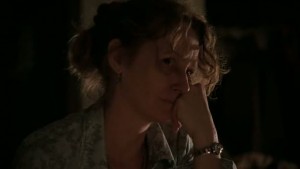
This carnival episode, like last year's, also reminds me of the potential of every Mardi Gras to provide a transcendent collective experience. The heavily cross-cut montage creates a unity across the different stories to create a collective sense.
Read more »
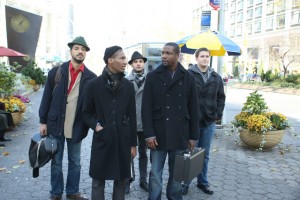
The producers/writers on Treme are under tremendous pressure: they ache to do right by New Orleans, they have to make a television show that people will continue watching, and they want to tell the truth about the city putting itself back together after the storm.
Read more »
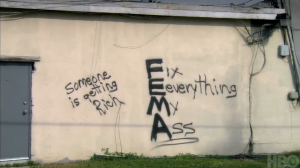
Living here in New Orleans, one of the most striking conundrums about this series is that while its heartbeat lies with the culture of Black inhabitants, it seems their larger lives cannot be the focus –perhaps due to its audience of largely white and affluent viewers.
Read more »
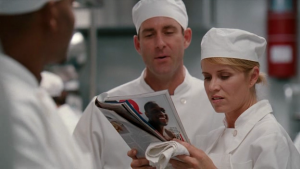
The second season shapes up to reconnect the city with the world around it: New Orleaneans are confronted with outsider views of the city as becomes clear in Delmond's argument about New Orleans music with fellow jazz lovers and Janette's conversation with her fellow cooks after reading Alan Richman's devastating review.
Read more »